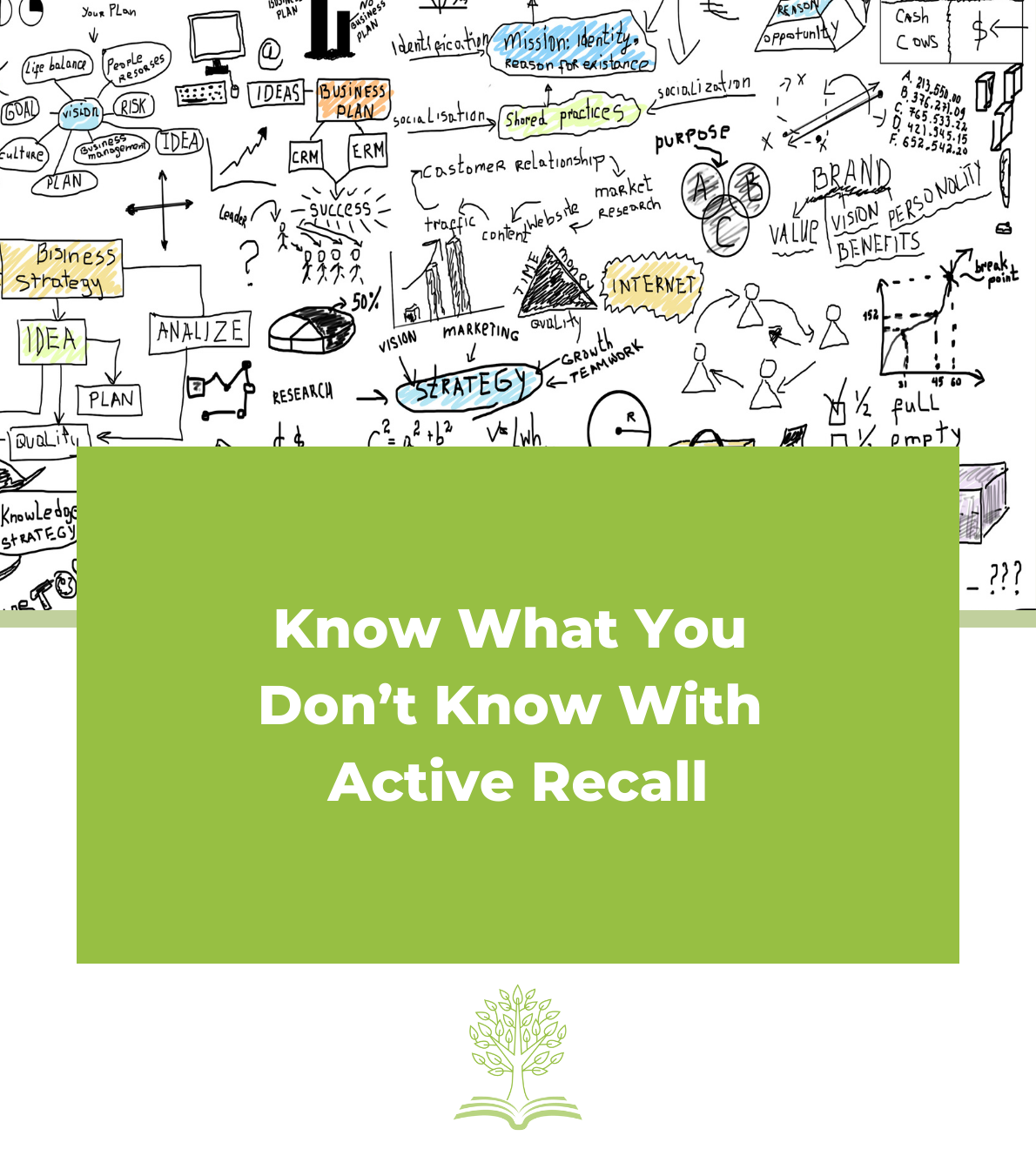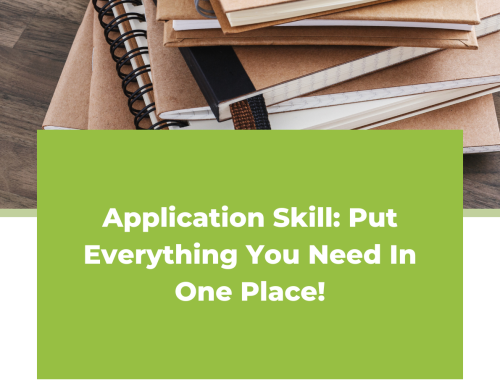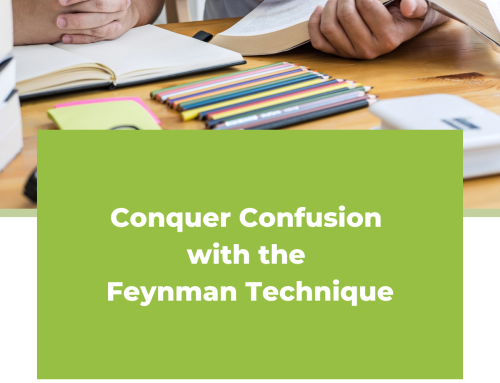Overcoming the “Illusion of Knowing” with Active Study Techniques
You anxiously sit in front of your exam paper, heart racing, ready to start. You’ve studied countless hours and feel prepared. The invigilator signals to begin, and you eagerly dive into the first question.
But the first question is tougher than expected. You push through, hoping the next will be easier, only to find it’s even more challenging. As you flip through the pages, searching for a familiar concept, everything you studied seems to slip away. How did it all go wrong?
The Illusion of Knowing
This scenario is a classic example of the “illusion of knowing.” This phenomenon occurs when we rely on passive study techniques such as rewriting notes or reading textbooks. These methods deceive us into thinking we understand the material because we recognize it. You might think, “I remember this concept from class, so I must know it.” However, when applying that knowledge in exams, we struggle to retrieve and articulate our understanding.
Breaking Free from the Illusion
To truly master the material, embrace active study techniques. Move beyond passive review and engage with the information meaningfully. One of the most effective techniques is blank page recall.
Implementing Blank Page Recall
- Find a Quiet Space: Mimic exam conditions by removing distractions like textbooks or laptops.
- Gather Materials: You’ll need a blank piece of paper, a timer, and a pen.
- Choose a Topic: Select a specific topic you want to work on.
- Set the Timer: Start with 10 minutes.
- Write Everything You Know: Without any prompts or cues, write down everything you know about the topic.
For example, if your topic is “memory,” write “memory” at the top of the page and begin listing definitions, models of memory, factors that influence memory, and key historical milestones.
Evaluating Your Recall
After the 10 minutes are up, compare what you’ve written to your notes or textbook. This comparison serves two purposes:
- Accuracy Check: Ensure the information you recalled is correct.
- Identify Gaps: Determine what you missed, such as specific terms, definitions, models, or important dates.
This gap analysis is invaluable for pinpointing areas where you struggle to recall information, especially under exam conditions.
Strengthening Recall Through Practice
Blank page recall challenges you to retrieve information without prompts, relying solely on your memory and understanding. Regular practice strengthens the neural pathways responsible for effective recall, making your memory more efficient and reliable.
Addressing Knowledge Gaps
Often, we assume we know a topic well enough and neglect thorough study. However, the missing pieces of information can be crucial. Gap analysis through blank page recall allows you to identify these weak areas, ensuring comprehensive preparation.
Once you’ve identified gaps, tailor your study efforts to address them. Use techniques like cue cards (Lichter system) from our series, or try exam questions to focus on these areas. Then, return to blank page recall, even with a lower time limit, concentrating solely on the challenging content.
Simple Integration into Study Routine
Incorporating blank page recall into your study routine is simple:
- Frequency: Practice once or twice a week for each subject.
- Duration: Spend just 10 minutes each session.
With consistent practice, you’ll see a transformation in your recall abilities. Your memory will become quicker and more accurate, reducing exam anxiety and empowering you to confidently retrieve and articulate your knowledge.
Action Steps
- Pick a Topic: Choose a subject or concept you’re currently studying.
- Select a Diagram Type: Determine which type of diagram suits the material. (For this, see our post on turning text into diagrams.)
- Create Your Diagram: Draw it out, focusing on clarity and accuracy.
- Use It to Study: Incorporate your diagram into your study routine.
Conclusion
Blank page recall is a powerful technique to overcome the illusion of knowing and truly master your study material. The next time you’re faced with a difficult concept or need to take more effective notes, give this technique a try. You might be surprised at how much it can help.
For more study strategies, check out other posts in our series:
- Cue Card (Lichter System)
- Turn Text into Diagrams
- Spaced Repetition
- One Page Summary
- Who What When Where Why How Tables
- Teach Someone Else
- Exam Questions
- Create a Bound Reference
- Practice Exams
Post by Study Coach – Megan Ross






Leave A Comment